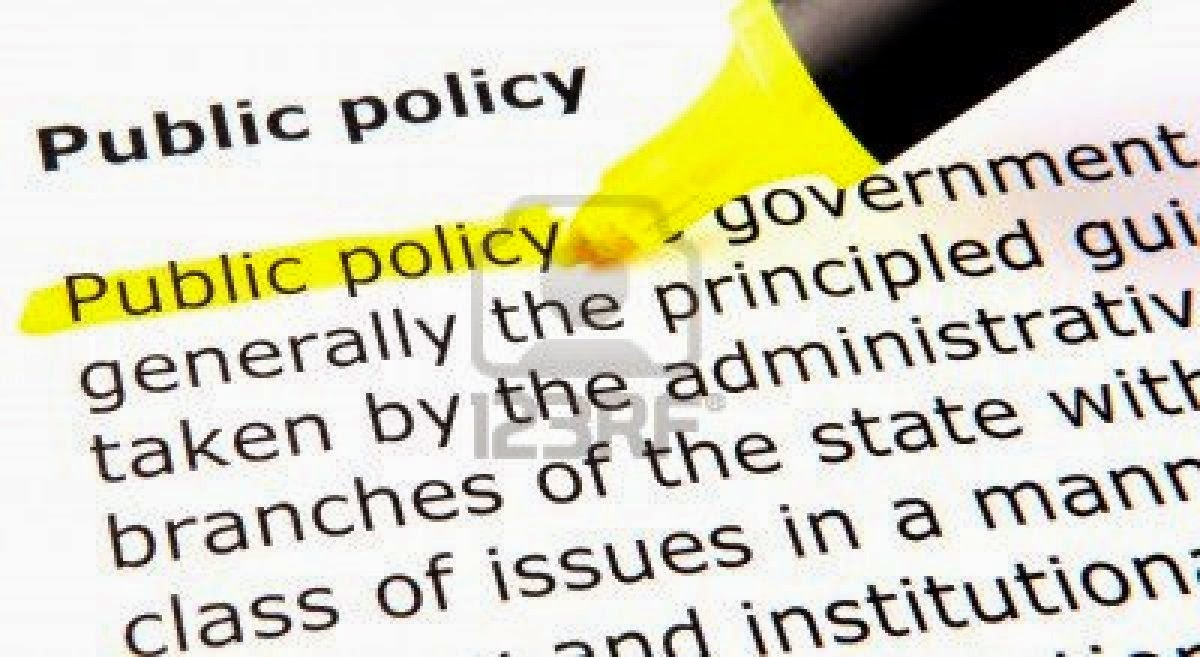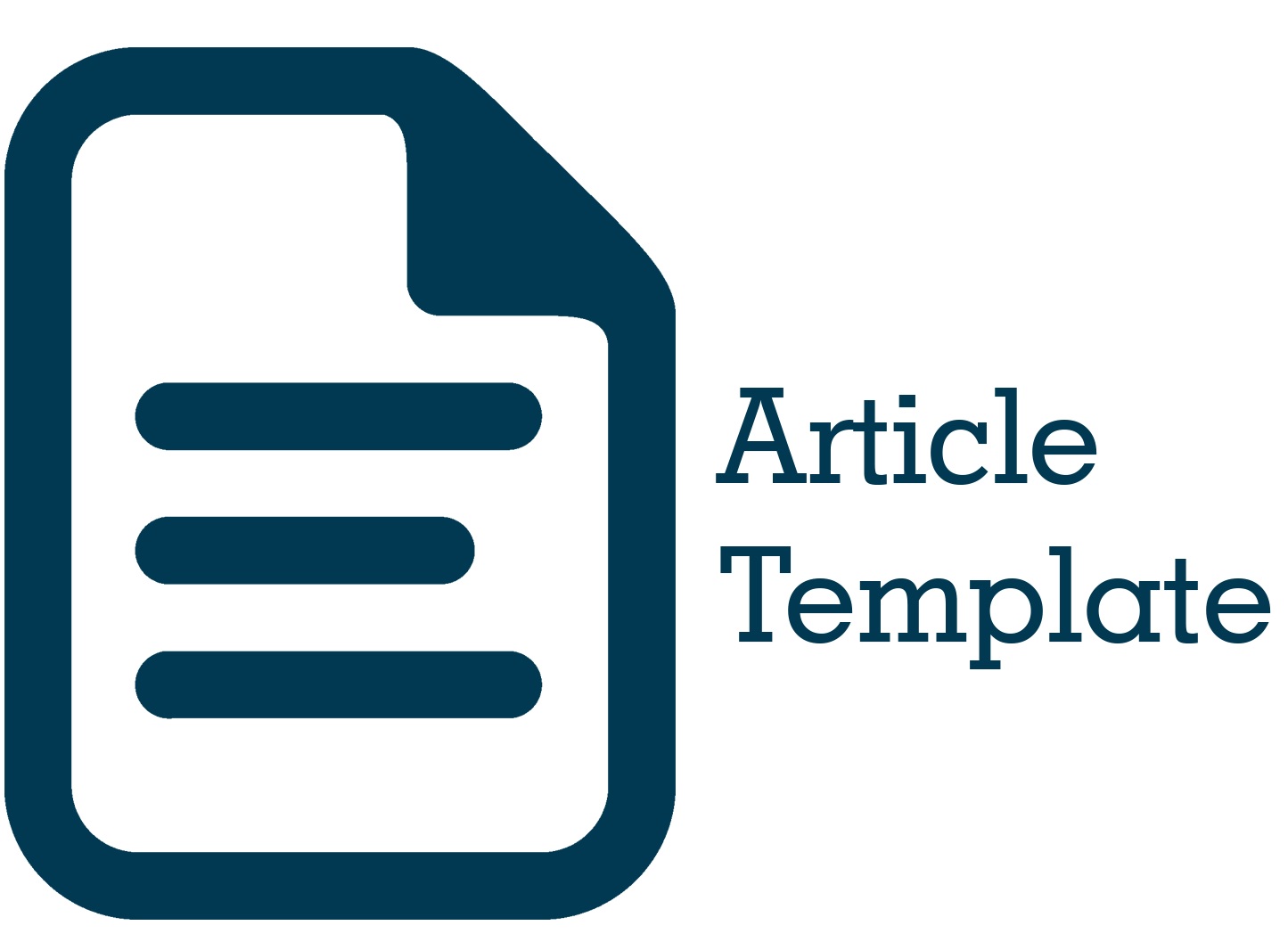Disparity of Conviction Cases Blasphemy in Indonesia
DOI:
https://doi.org/10.51135/PublicPolicy.v3.i2.p141-158Keywords:
Disparity,, Conviction,, Blasphemy,, ReligionAbstract
Although freedom about religion has been guaranteed in Pancasila and the 1945 Constitution, in reality problems in society related to religion still occur, such as insults, degrading the beliefs of a group to problems related to the place of worship of a religion. The constitution, which guarantees freedom of expression, is widely abused so that there are unlawful acts, one of which is blasphemy. Judges with free and independent judicial power or the principle of freedom of judges, play an important role in realizing justice for society. However, the disparity of punishment in blasphemy cases has caused controversy about the freedom of judges who are considered not to meet the sense of justice of society. The focus of this study is on the disparity of punishment in blasphemy cases that go viral on social media. This is a descriptive research with a normative legal approach method (normative juridical) carried out by means of a literature study. The data collection tool used in this study is data in the form of document studies and literature tracing. The analytical knife in research is legislation, legal Grand Theory such as evidentiary theory and legal principles such as the principle of Equality before the Law, the Principle of Fair Trial, the principle of freedom of judges, the principle of contante justitie, the principle of justice, certainty and expediency of law and the principle of Nemo Judex Idoneus In Propria Causa.
Based on the results of the study, it is understood that the principle of judge freedom is based on a negative evidentiary system, but with their beliefs and freedom, judges in deciding cases are often influenced by the judge's culture, namely the subjectivity of judges and the existence of intervention and intimidation which results in the disparity of punishment in blasphemy cases which is a fairly sensitive issue in Indonesia.
Downloads

Downloads
Published
How to Cite
Issue
Section
License
Authors whose manuscripts are published in the Journal of Public Policy must agree to the following terms;
- Publication rights for all manuscript materials published are held by the editorial board with the author's consent.
- The legal formalities for digital access to the Journal of Public Policy are subject to the Creative Commons Attribution Sharealike (CC BY SA) license, which means the Journal of Public Policy has the right to store, redistribute, reformat, manage in a database, maintain, and publish the manuscript without seeking permission from the author as long as the author's name is included as the copyright owner.
- Published manuscripts are open access for the purpose of disseminating research results. Besides this purpose, the editorial board is not responsible for copyright law violations.


.png)



